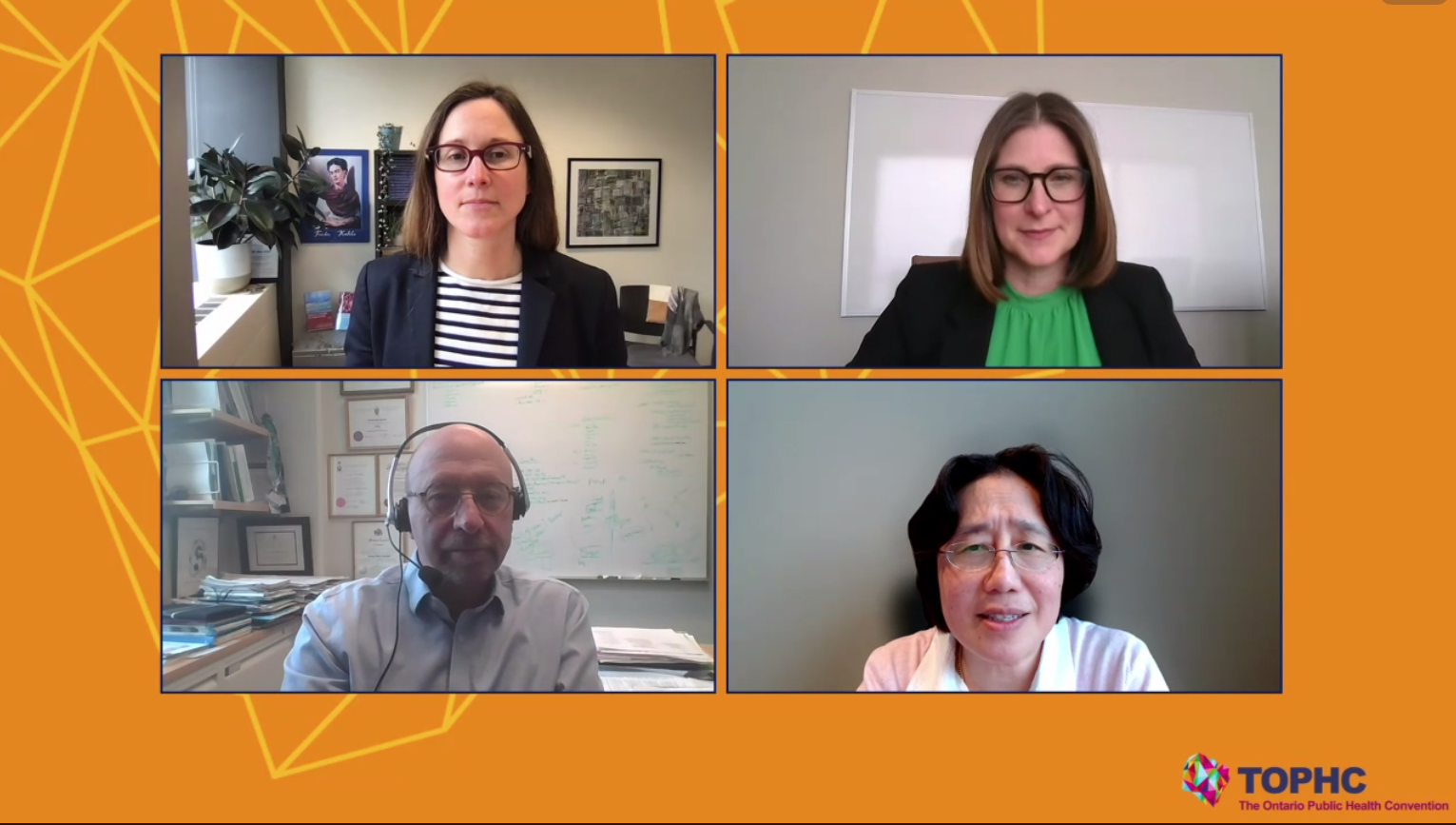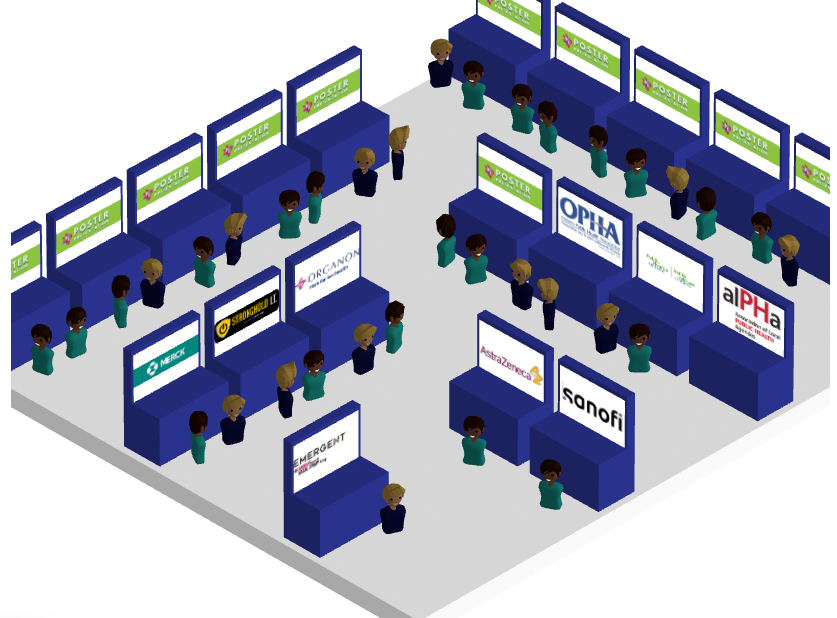Highlights from TOPHC’s Virtual Convention
The excitement of the Ontario Public Health Convention (TOPHC) continued virtually on April 3, bringing together hundreds of public health professionals from across Ontario, for another day of dynamic learning and collaboration. The stacked program offered many opportunities to explore the latest trends and insights in public health.
Morning Plenary: Harnessing the Power of Artificial Intelligence for Public Health
The day kicked off with a thought-provoking morning plenary session on harnessing the power of artificial intelligence (AI) for public health. Esteemed speakers explored the application of AI in public health, examining emerging risks, trends and vast opportunities.
Concurrent sessions
Throughout the day attendees had the opportunity to choose from two of 10 concurrent sessions:
A Multimodal and Health Equity-Driven Approach to Improving Access and Reporting of Routine Childhood Immunizations in Ottawa: This session exploring Ottawa Public Health’s multimodal and health equity-driven approach to increasing vaccine access and reporting post COVID19 pandemic.
Congenital Syphilis in Ontario (2020 to 2022): Attendees explored the gaps and challenges to current public health practice and policy related to congenital syphilis in Ontario, and discussed opportunities and potential solutions, drawing findings from Public Health Ontario’s retrospective case review of congenital syphilis cases in Ontario from 2020-2022.
Implementing Supervised Consumption Services in Peel to Address an Urgent Public Health Need: This session detailed the process, collaborative partnerships, challenges and mitigation strategies that were undertaken to implement Peel Region's first Urgent Public Health Need Site.
Managing Wildfire Smoke Exposures in Ontario: Attendees learned how to manage wildfire smoke exposures, exploring potential health impacts, common risk messaging, practical interventions for indoor air quality, and identifying future research needs.
Relationship Building, Storytelling, and Centering Lived Expertise: In this session led by The National Collaborating Centre for Determinants of Health, attendees explored a model of knowledge translation rooted in equity, anti-oppression, and decolonization.
Understanding the Complexities of Mental Health and Addiction Challenges Among Members of Sioux Lookout First Nations Communities, 2011- 2021: This session supported a better understanding of mental health and substance use among the Sioux Lookout area First Nations, during the time between 2011-2021, and explored important data collection methods, including Indigenous Knowledge Gathering.
Assessing ALL the Public Health Evidence: This session introduced research quality assessment tools, equipping attendees with the knowledge to apply these tools to different evidence types along, with considerations when synthesizing and weighting evidence.
Getting to the Heart of Health Equity in Peel: Attendees explored the disproportionate impacts of COVID-19 on marginalized communities, and Peel Region’s human-centered approach to advancing health equity in program and service delivery.
Understanding the Knowledge Translation Practices of Environmental Health Officers in Canada: A Mixed Methods Study: This session explored factors impacting evidence-informed practice in environmental health during both routine and emergency conditions.
Pre-Exposure Prophylaxis (PrEP) Uptake Differs by Public Health Unit in Ontario: This session explored the uptake of PrEP by Public Health Unit, using pharmacy-level dispensing data – a first in Ontario.
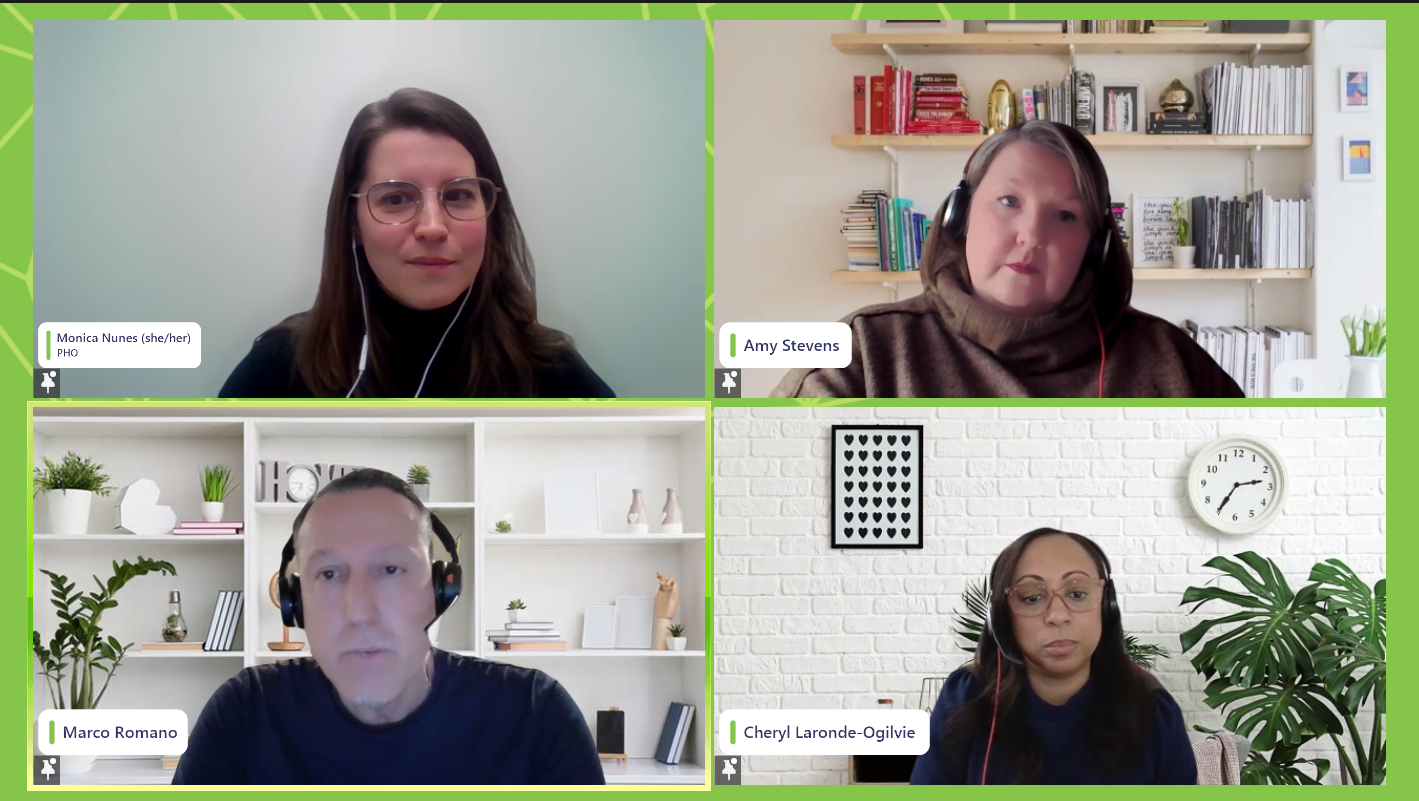
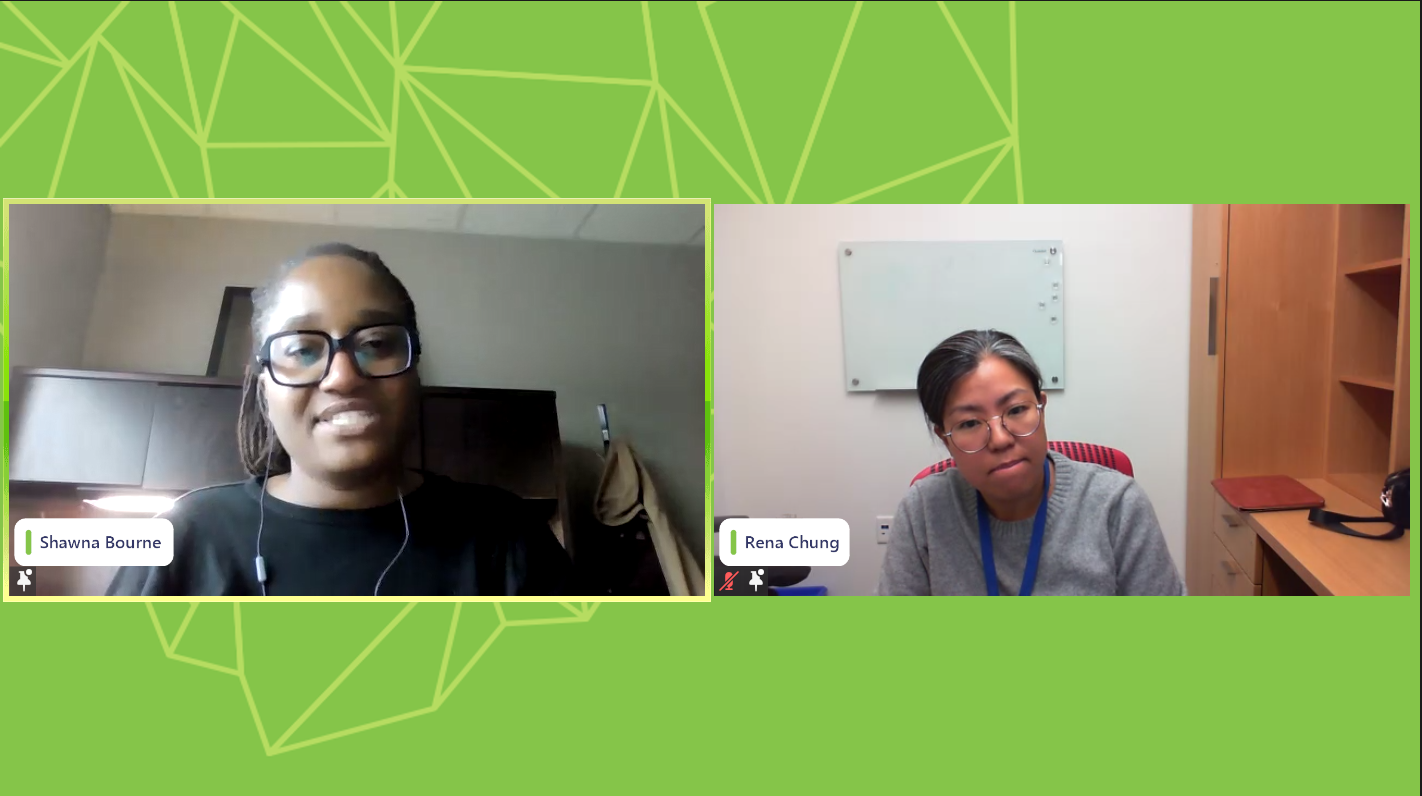
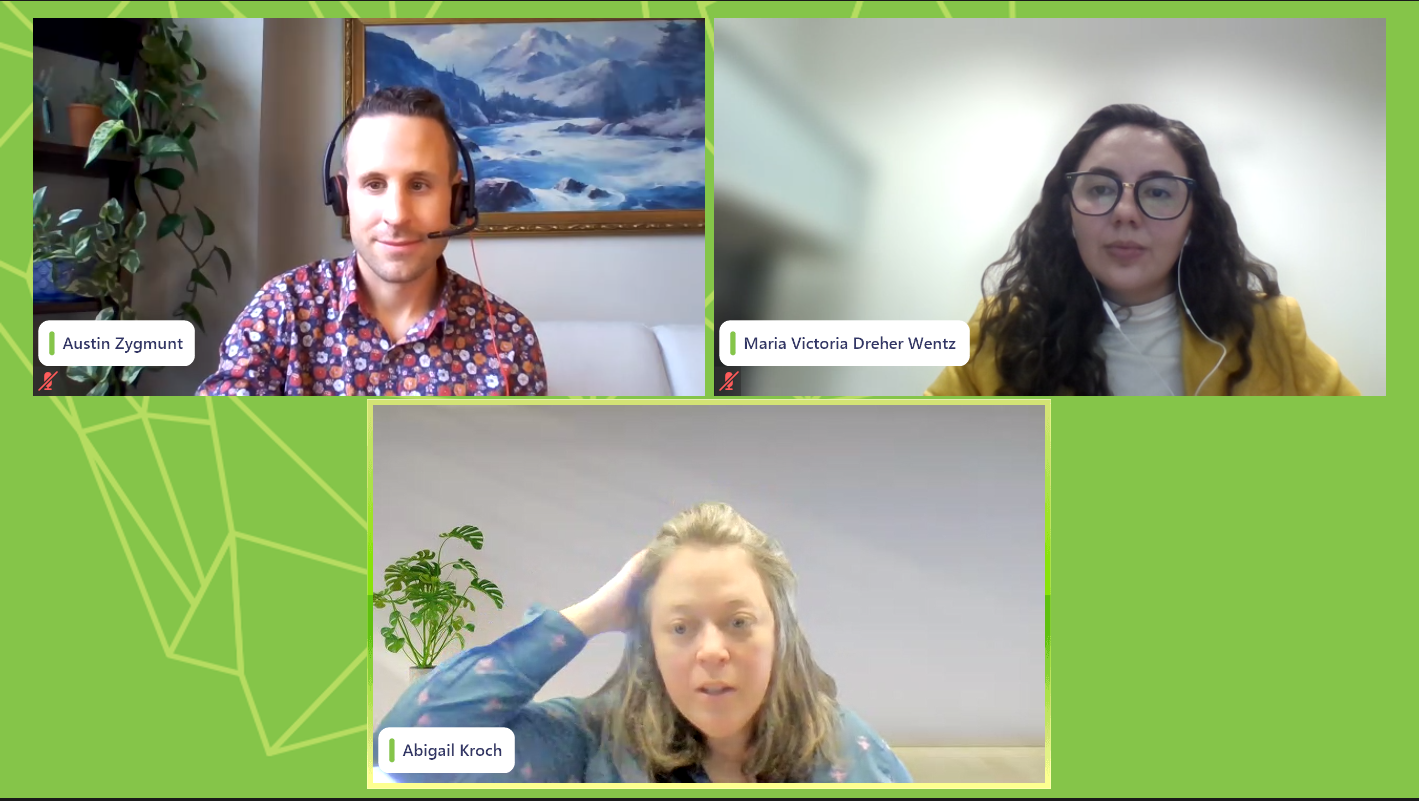
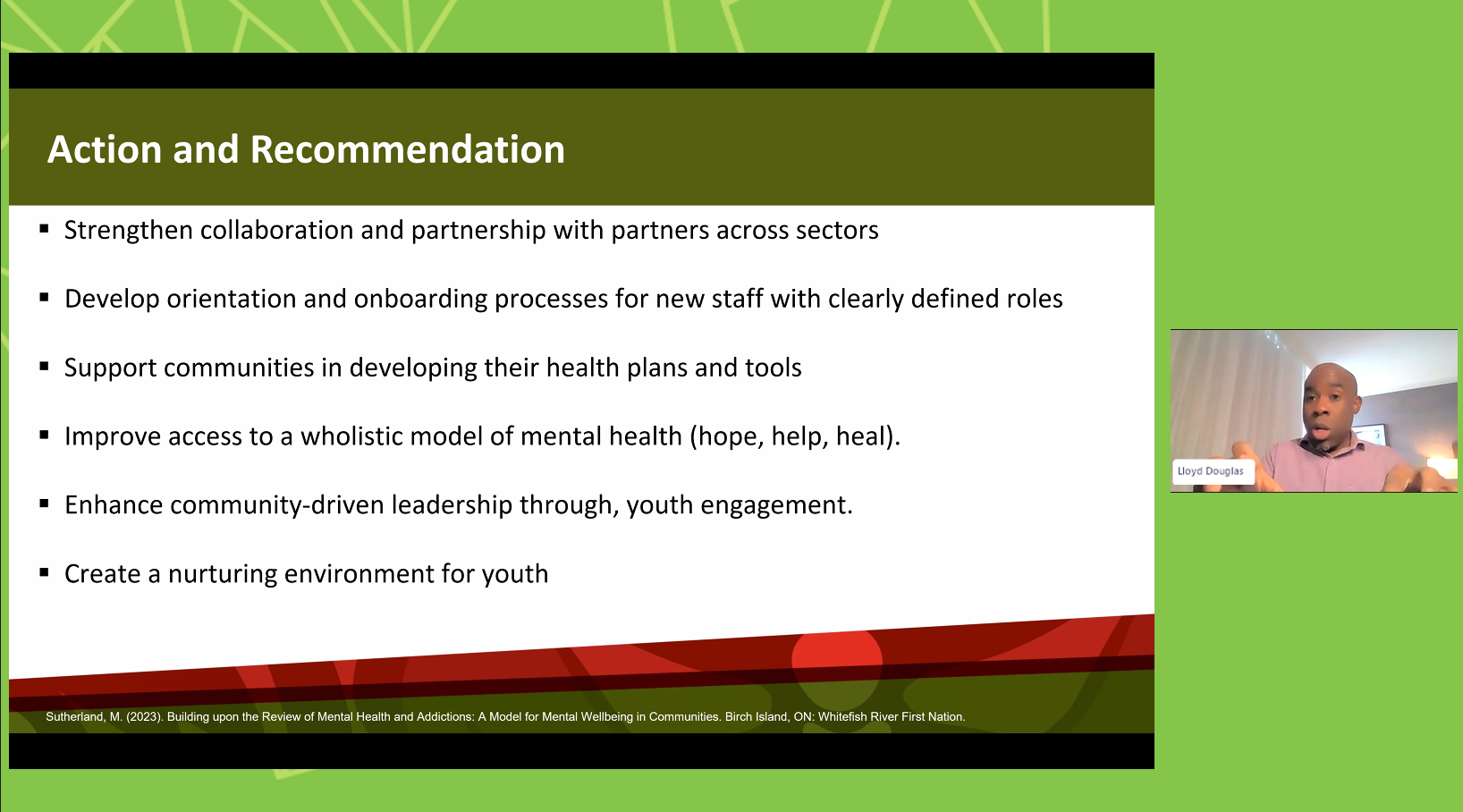
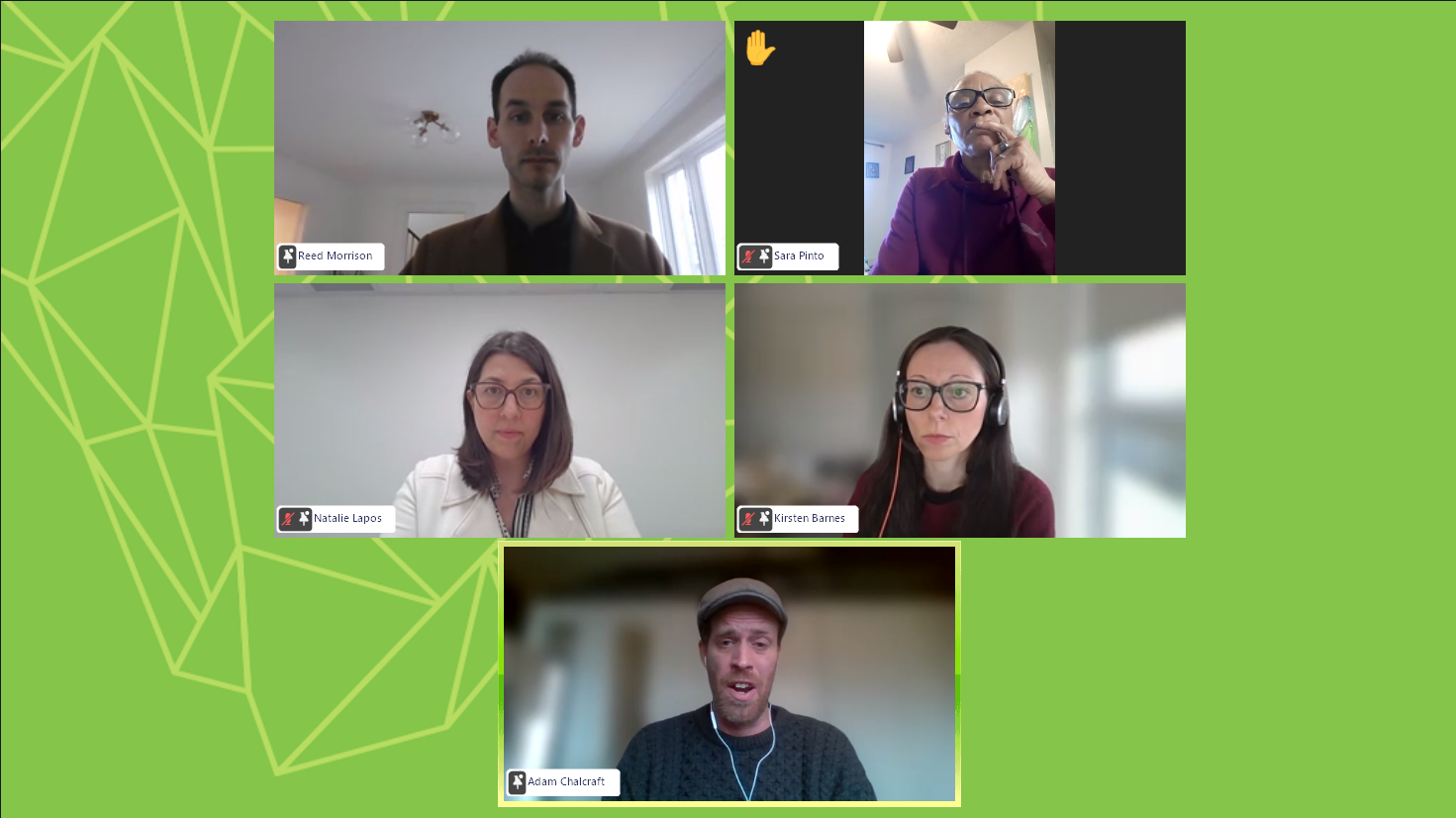
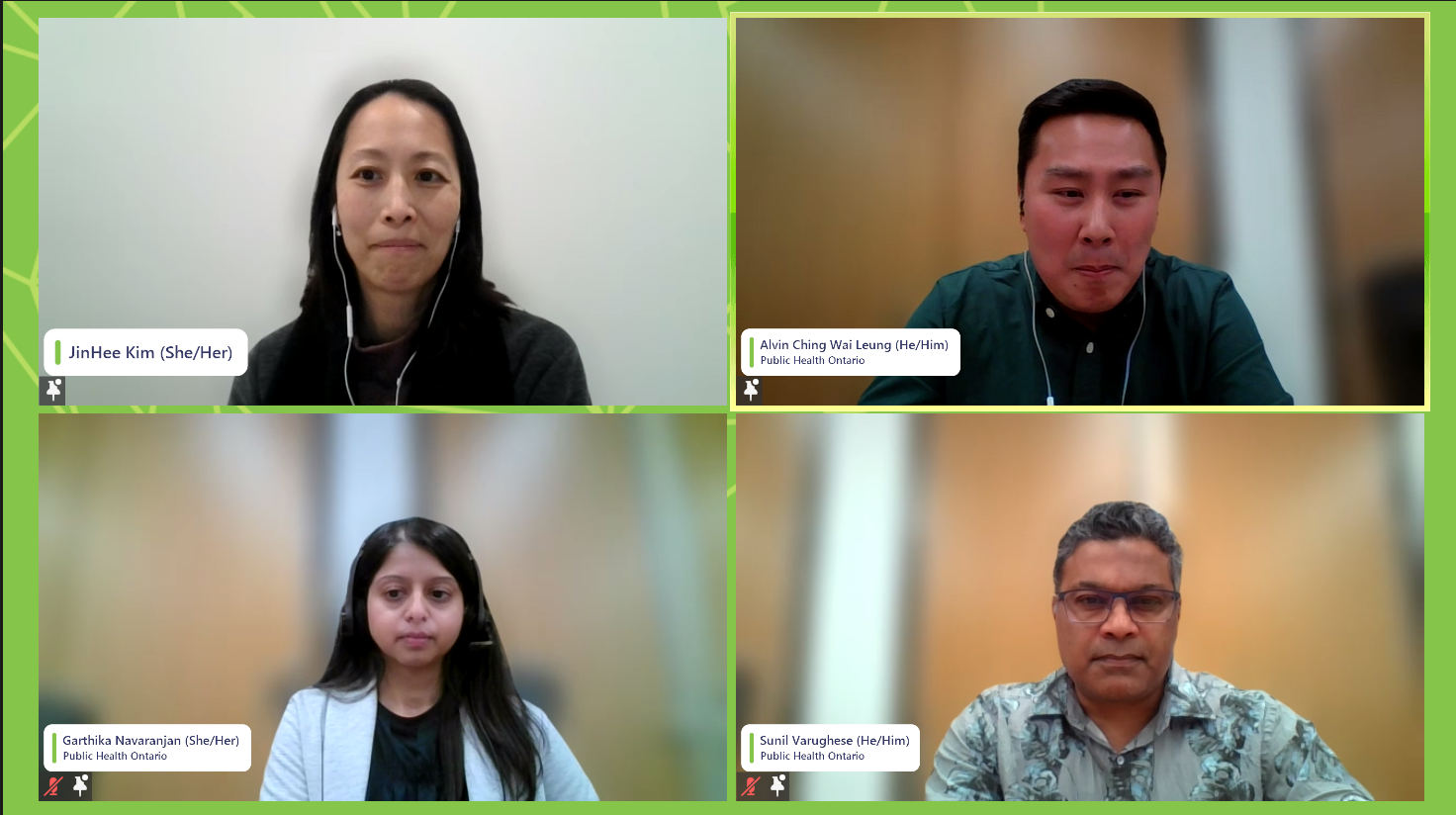
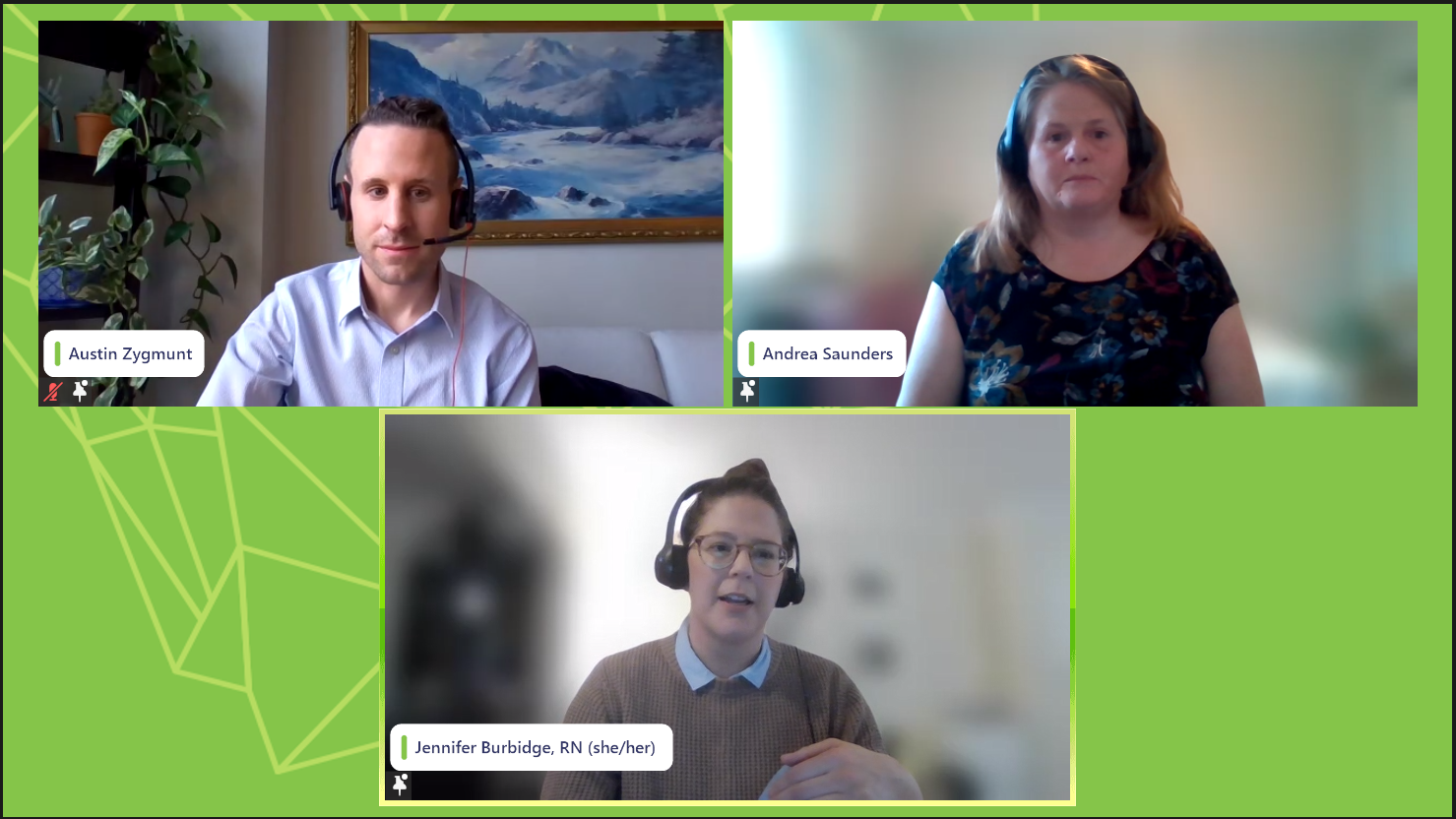
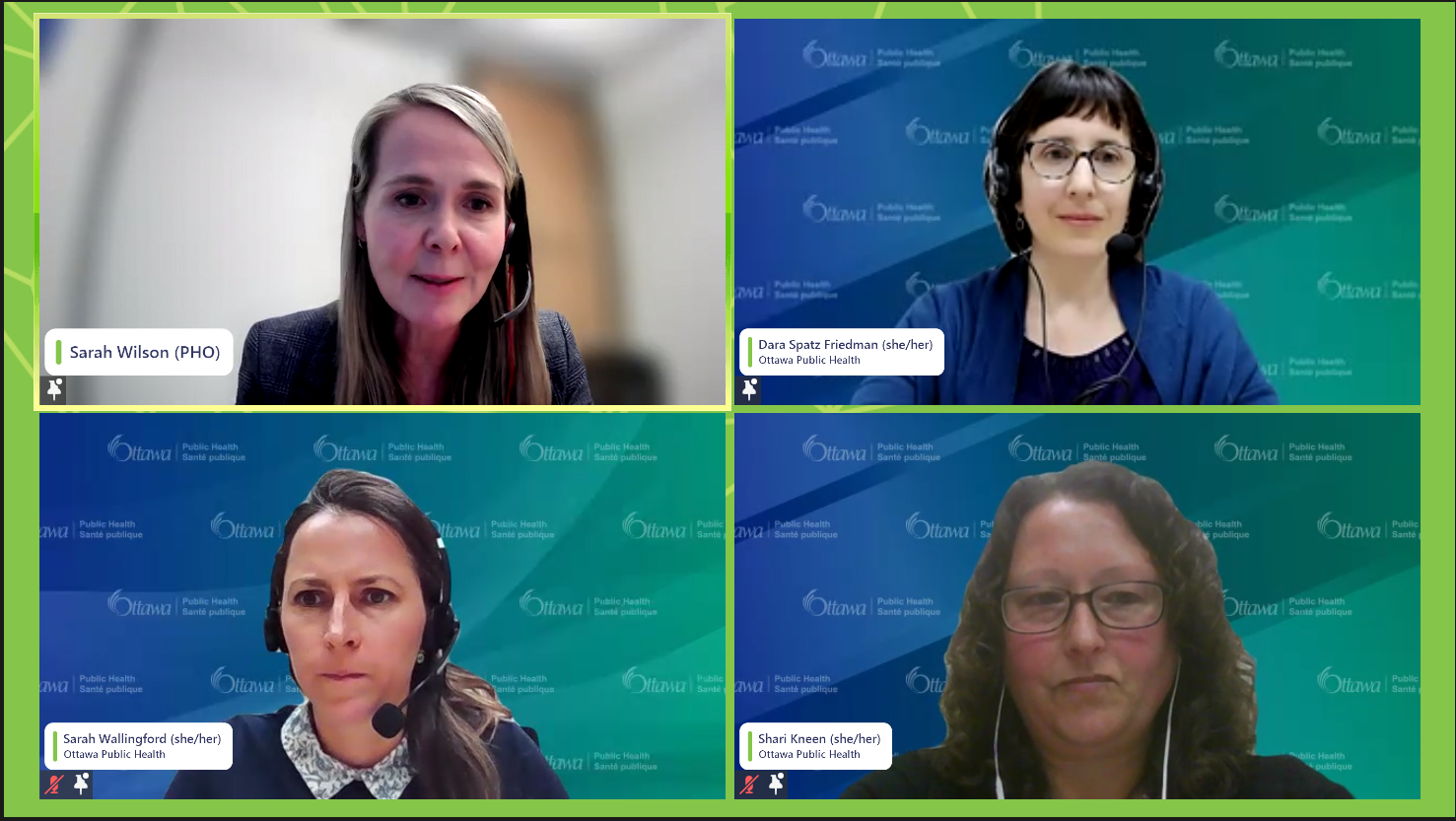
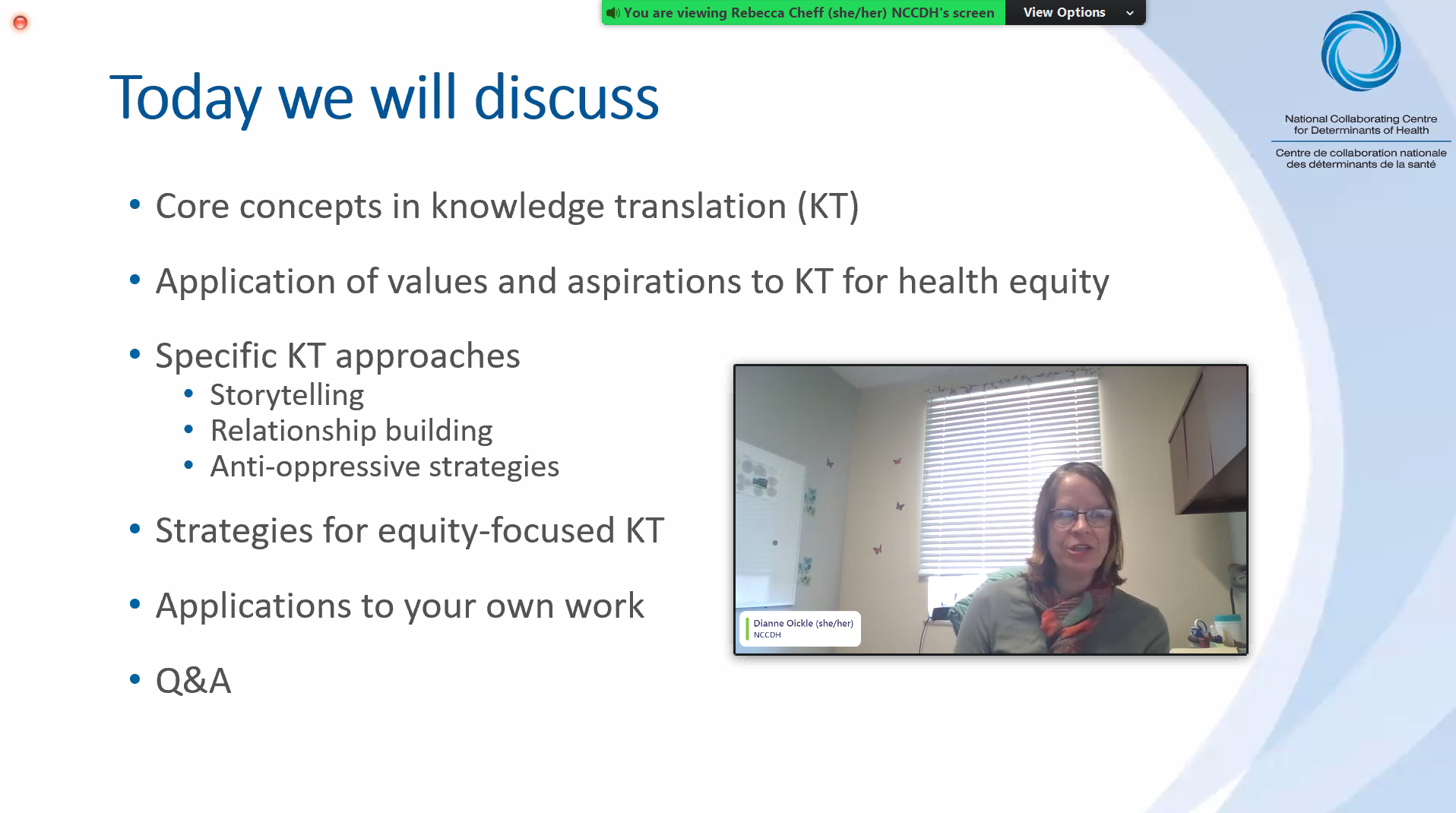
Afternoon Plenary: Strengthening Public Health Systems
Following the morning session, attendees engaged in a stimulating afternoon plenary focused on strengthening public health systems. Drawing on lessons learned from global case studies and local initiatives, speakers explored strategies for enhancing the resilience and effectiveness of public health systems in Ontario and beyond.
Exhibit Hall
In addition to the plenary sessions, attendees had the opportunity to engage with different poster presentations and exhibitors in the virtual exhibit hall, showcasing cutting-edge research and innovative public health initiatives.
Gamification
For the first time ever we introduced a virtual scavenger hunt, where attendees had the opportunity to win a free pass to TOPHC 2025! Throughout the day attendees completed different activities on the virtual platform to collect up to 1,275 points. Three lucky winners will be contacted in the coming weeks to earn the free registration for next year’s convention.
TOPHC Virtual Library
Virtual convention attendees also get complimentary access to the TOPHC Virtual Library for the next six months, to browse programming and additional resources.
Overall, the day was a testament to the dedication and innovation of Ontario’s community of public health professionals, as they continue to push the boundaries of knowledge and collaboration in pursuit of a healthier future for all.
Stay Connected
Missed out on this year's virtual convention? Stay tuned for updates on future events and opportunities to engage with Ontario's vibrant public health community. Follow us on X: @TOPHCTweets.


